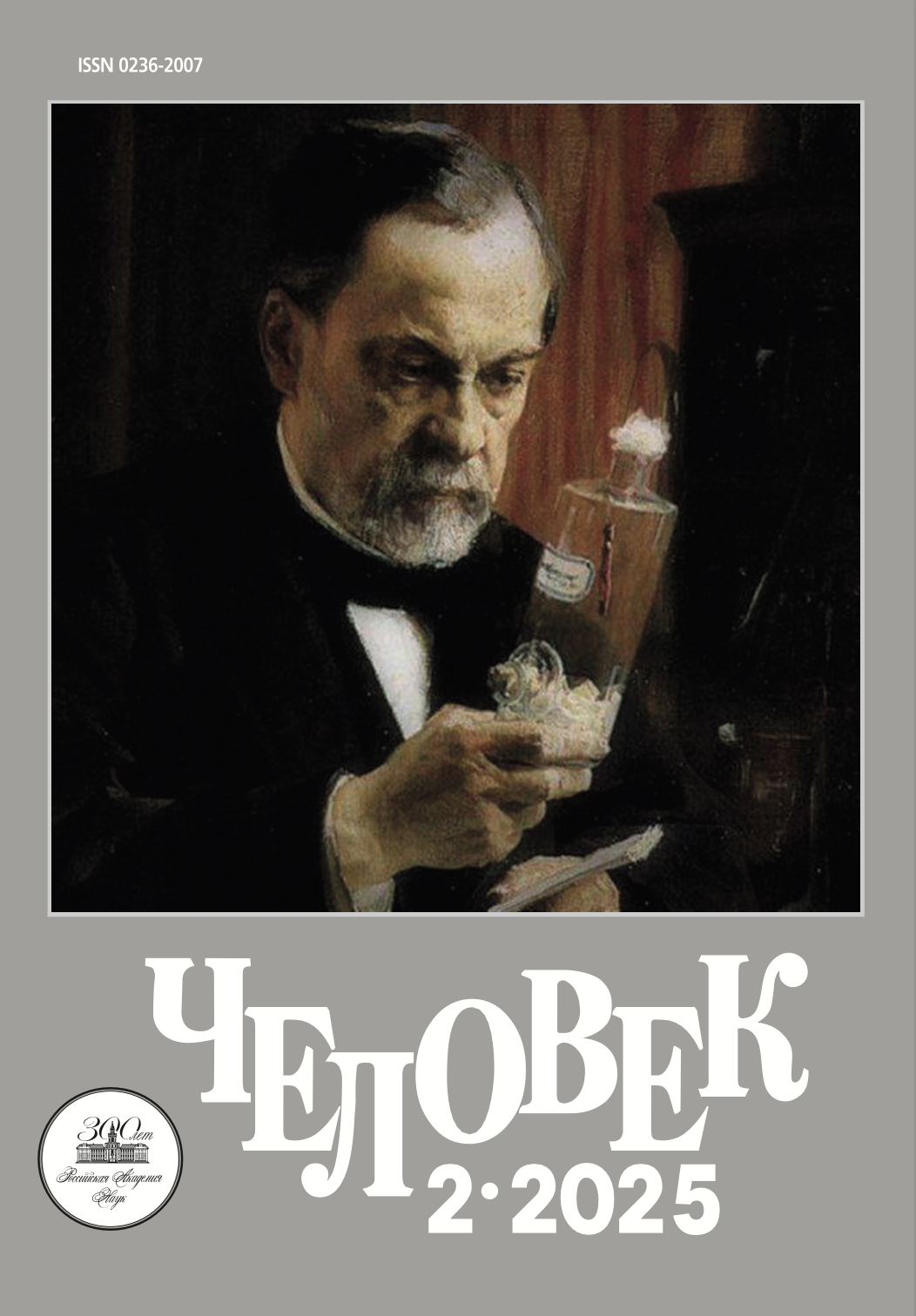Family Model of Organ Donation in a Socio-Cultural Perspective
DOI:
https://doi.org/10.31857/S0236200725020017Keywords:
organ donation, organ transplantation, family model of donation, relational ethics, relational model of personality, transplantation, donation in China, presumption of consent, death, dyingAbstract
The ideological foundations of the family (relational) model of organ donation are explored. Using the example of this model in modern China, the influence of cultural traditions on the development of innovative medical practices is shown. In China, the family model of organ donation is based on Confucian ideas about the human personality, where the emphasis is on relationships between people, rather than on the autonomous expression of will of an individual subject and their desires regarding the posthumous use of the body. In this context, it is assumed that family members best understand and reflect the last wishes of the deceased regarding the disposal of his body, that is, they are considered as “translators” of the deceased's value systems that he expressed during his lifetime.The family model of organ donation, considered using China as an example, reflects the specifics of Chinese bioethics, which seeks to combine scientistic attitudes and traditional ethics, that is, while maintaining the influence of traditional Chinese culture. The latter can interact with the development of science and technology and in some aspects even stimulate it. In addition, the article considers the problem of synchronization of chronologies in decision-making about donation. In the process of making such a decision, both the temporality of the past can be actualized, as demonstrated by the experience of countries relying on traditional values in decision-making (China and a number of Asian countries), and the temporality of the future, associated with both the development of new value-based bases for decision-making and the analysis of the consequences of choice. It is shown that the choice in favor of organ donation is associated with the process of value reflection carried out under time pressure. At the same time, the lack of information and psychological stress accompanying the search for a solution determine the further perception of the practice of organ donation. In this regard, the development of a communication strategy regarding organ donation in interaction with relatives of the deceased is of great importance.






